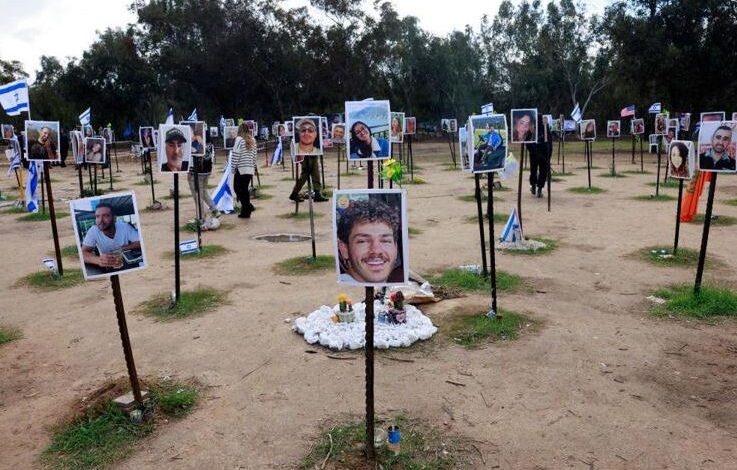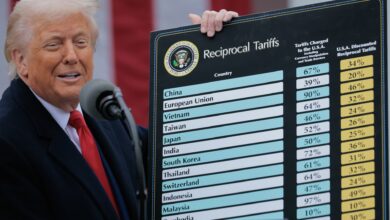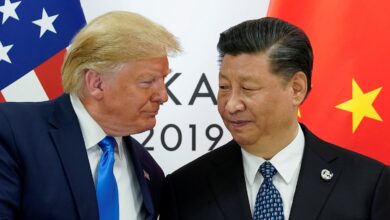Tensions Escalate Between Israel and U.N. Chief Over Sexual Violence Report

The relationship between Israel and the United Nations has hit a new low following the release of a controversial report by the U.N. chief, which implicates Israeli forces in incidents of sexual violence amidst the ongoing Middle East crisis. This report has sparked a significant diplomatic rift, with Israel vehemently rejecting the findings and accusing the United Nations of bias.
The report in question details allegations of sexual violence linked to Israeli military actions in conflict zones, drawing sharp criticism from Israeli officials who argue that the report is unfounded and unfairly targets Israel. The government’s response underscores a deepening mistrust towards the United Nations, with officials calling into question the objectivity and motivations behind the report’s allegations.
This diplomatic confrontation comes at a time of heightened tensions in the region, with the report adding another layer of complexity to the already fragile relationships. Israel’s rejection of the findings highlights the challenges facing international bodies in addressing and documenting human rights abuses within the context of ongoing conflicts.
The United Nations, for its part, defends the integrity of the report, emphasizing its commitment to impartiality and the protection of human rights. The U.N. chief’s office has called for all parties involved in the conflict to respect international law and ensure the safety and dignity of civilians, including protecting them from sexual violence.
This standoff between Israel and the United Nations has broader implications for international diplomacy and the global community’s ability to address and mitigate human rights abuses. The controversy surrounding the report could further isolate Israel on the international stage while challenging the United Nations’ capacity to act as a neutral arbiter in conflicts involving allegations of serious human rights violations.
As the situation unfolds, the international community watches closely, with many calling for a thorough and unbiased investigation into the allegations. The resolution of this conflict will require careful navigation, diplomacy, and a commitment to upholding the principles of human rights and justice. The ongoing crisis serves as a reminder of the complexities inherent in addressing issues of sexual violence within the context of armed conflict and the crucial role of international institutions in advocating for the victims.





